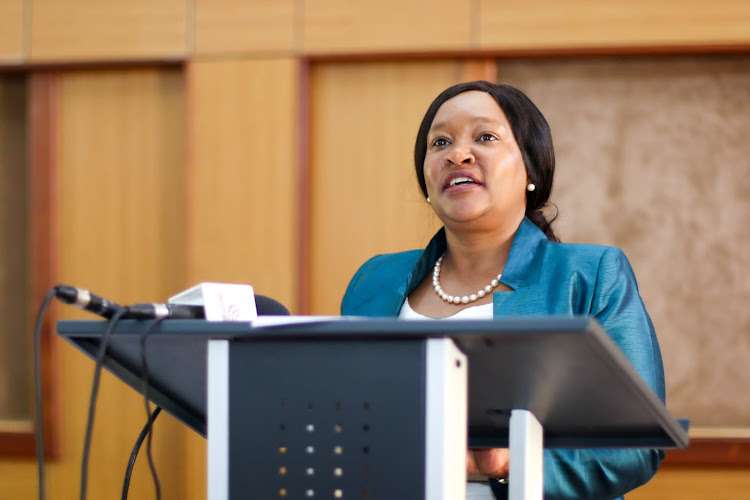For nearly a decade, Minet Insurance Brokers, in collaboration with Bliss Healthcare and MAKL, has been responsible for administering the medical insurance scheme for Kenyan teachers. The scheme, valued at billions of shillings, is an essential component of the welfare system for thousands of educators across the country. However, recent claims made by Paris-based activist Nelson Amenya have sparked controversy, with many teachers now accusing him of unjustified interference in their affairs.
A recently published blog article, titled “How Minet, Bliss Healthcare, and MAKL Have Controlled Ksh 161 Billion Teachers’ Medical Cover for Nine Years,” suggests that these firms have monopolised the system and engaged in questionable practices. It further implies that Amenya, a self-proclaimed whistleblower, has uncovered a major scam involving these companies.
Yet, as a teacher on the ground, I can state with confidence that these claims are far from the truth. The real issue plaguing our medical scheme is not mismanagement by insurance providers but rather the deep-rooted corruption that continues to affect service delivery in Kenya. While Minet and its partners have their flaws, they have however largely fulfilled their contractual obligations. If teachers are still struggling to access quality healthcare, it is due to systemic failures within the broader governance framework, failures that Amenya conveniently ignores.
Speaking anonymously to the media for fear of victimisation, several teachers have expressed frustration over Amenya’s relentless efforts to discredit well-structured initiatives in Kenya. According to one teacher from Nakuru, Amenya has made it his mission to sabotage development projects by twisting facts and peddling half-truths. His motives remain unclear, but many suspect he is driven by self-interest rather than genuine concern for teachers’ welfare.
It must also be acknowledged that Amenya’s relocation to Europe has distanced him from the lived realities of teachers in Kenya. While he may believe he is championing justice, his perspective lacks the nuance and firsthand experience required to address these challenges effectively. His statements, though provocative, do not align with the everyday struggles faced by teachers navigating Kenya’s broken systems.
The Role of Bloggers in Spreading Misinformation
What is even more infuriating is the role that certain bloggers have played in amplifying Amenya’s misleading narrative. Rather than seeking the truth, some have latched onto his claims, perhaps to boost their readership or to further hidden agendas that have nothing to do with improving teachers’ lives. The result has been the spread of misinformation, creating unnecessary panic and division within the teaching fraternity.
A Call for Real Change
As Kenyan teachers, we have endured the shortcomings of a corrupt system for far too long. Yet, despite these challenges, we continue to persevere in our commitment to educating the next generation. What we need now is not sensationalism from distant activists but genuine reforms that prioritise transparency, accountability, and efficiency within our medical scheme.
I urge the government and relevant stakeholders to take decisive action. We need policies that work for us, not against us. We need leaders who understand our struggles and are willing to enact meaningful change. Our health and well-being should not be treated as an afterthought; they should be at the core of any discussions on education reform.
Nelson Amenya, from his perch in Paris, may stir controversy, but it is we—the teachers on the ground—who must drive the fight for a better system.
A Frustrated Teacher





